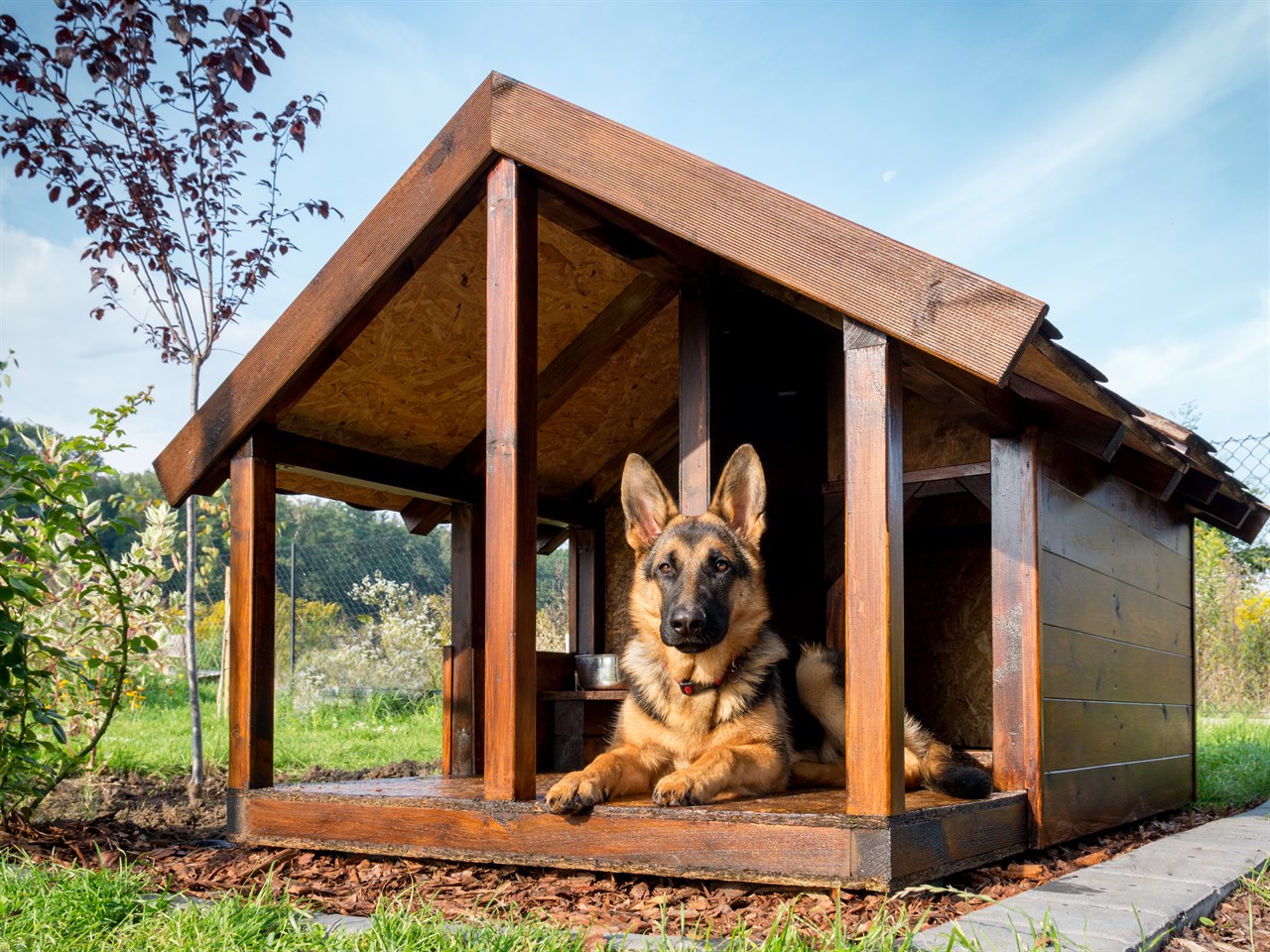Downsides and Disadvantages of German Shepherd Dog Ownership

While German Shepherds are beloved for their intelligence, loyalty, and versatility, like any breed, they come with their unique challenges and downsides. Here are some considerations when it comes to owning a German Shepherd.
High Exercise Needs
German Shepherds are a high-energy breed that requires a significant amount of exercise and mental stimulation. Failing to meet these needs can lead to behavioural problems and restlessness.
Extensive Training Requirements
German Shepherds are highly intelligent and need consistent training from a young age. Without proper training, they can exhibit stubbornness or dominant behaviour.
Shedding and Grooming
German Shepherds have a double coat that sheds seasonally, which means you'll have to deal with a fair amount of fur in your home, especially during shedding seasons. Regular brushing is necessary to manage their coat.
Potential for Health Issues
While German Shepherds are generally healthy, they can be prone to certain hereditary health issues like hip dysplasia and elbow dysplasia. Regular vet check-ups are essential.
Protectiveness
While their protective instincts are often seen as an advantage, they can sometimes lead to overprotectiveness or aggression if not properly socialised and trained.
Not Ideal for Apartment Living
Due to their size and energy level, German Shepherds are not well-suited for apartment living. They require space to move and play.
Time Commitment
German Shepherds demand a significant amount of time and attention. They thrive when they are integrated into family activities and routines.
Potential for Behavioural Issues
When not properly trained and socialised, German Shepherds can develop behavioural issues, including excessive barking, digging, and chewing.
What should you not do with a German Shepherd?
Avoid the following with a German Shepherd
- Neglect Exercise: Do not neglect their exercise needs. Regular physical activity is essential for their well-being.
- Skip Training: Don't skip training or use harsh training methods. Positive reinforcement and consistency are key.
- Isolation: Avoid isolating them for long periods. They are social dogs that thrive on human interaction.
What are the disadvantages of German Shepherds?
The disadvantages of owning a German Shepherd include their high exercise requirements, extensive training needs, shedding, potential health issues, protectiveness that may turn into aggression if not managed, and the time commitment required. Additionally, they are not suitable for apartment living and may develop behavioural problems if not properly trained and socialised.
While German Shepherds can be incredibly loyal and loving companions, potential owners should be prepared for the challenges they may face and should invest time and effort into their care, training, and exercise to ensure they have a happy and well-adjusted dog.
German Shepherd Dog puppies for sale
- Find German Shepherd Dog puppies for sale in ACT
- Find German Shepherd Dog puppies for sale in NSW
- Find German Shepherd Dog puppies for sale in NT
- Find German Shepherd Dog puppies for sale in QLD
- Find German Shepherd Dog puppies for sale in SA
- Find German Shepherd Dog puppies for sale in TAS
- Find German Shepherd Dog puppies for sale in VIC
- Find German Shepherd Dog puppies for sale in WA